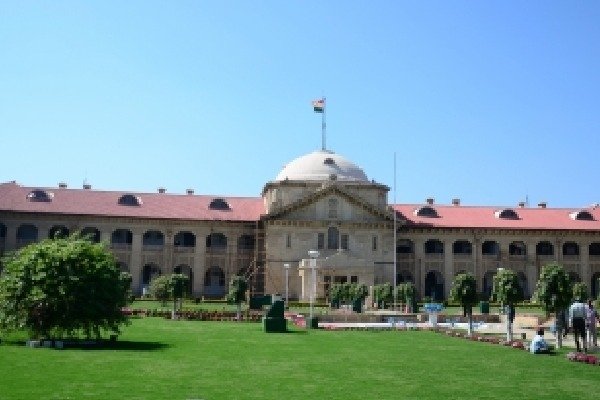In a recent case involving an inter-faith live-in couple seeking police protection, the Allahabad High Court made significant observations regarding live-in relationships, igniting a debate on their recognition and validity in India.
The couple filed a joint plea to quash an FIR against the man, filed by the woman’s aunt under Section 366 of the Indian Penal Code (IPC) concerning kidnapping. Their request also sought police protection to continue their live-in relationship.
The opposing counsel argued that the man was a “road romeo” and might negatively impact the girl’s life. He pointed out cases against the man’s parents under the Uttar Pradesh Gangster Act.
The Allahabad High Court, presided over by Justices Rahul Chaturvedi and Mohd Azhar Husain Idrisi, delivered its views on the matter. The court’s observations raise questions about the recognition and validity of live-in relationships in India.
While the Supreme Court has validated live-in relationships in several cases, the Allahabad High Court’s stance suggests skepticism, particularly when it comes to young couples. The judges opined that such relationships are often rooted in infatuation and lack sincerity.
The court emphasized that it should not be viewed as passing judgment on the couple’s relationship. Instead, they cautioned that their view was that live-in relationships often lack stability and sincerity, unless the couple decides to marry and formally define their relationship.
Recognition of live-in relationships has been a contentious issue in India, with varying opinions and debates. The Supreme Court has upheld their legality in judgments like Lata Singh vs. State of Uttar Pradesh (2006), S. Khushboo vs. Kanniammal (2010), and Indra Sarma vs. V.K.V Sarma (2013), citing Article 21 of the Indian constitution.
The apex court, in the Indra Sarma case, also provided guidelines to determine whether a live-in relationship qualifies as “in the nature of marriage.” These guidelines consider aspects like the duration of the relationship, shared financial arrangements, and whether the couple presents themselves as spouses.
The Allahabad High Court’s observations, while not legally binding, add to the ongoing debate about the status and acceptance of live-in relationships in India. These comments underline the challenges couples may face when seeking legal recognition and protection for their relationships, particularly in the initial stages or in the absence of formalized commitments.
The court’s observations highlight the complexity of legal recognition for live-in relationships, and it remains an evolving aspect of India’s legal landscape. As discussions and legal precedents continue to evolve, it is important for couples in live-in relationships to be aware of their rights and responsibilities, as well as the legal nuances that can affect their status and protection under the law.
